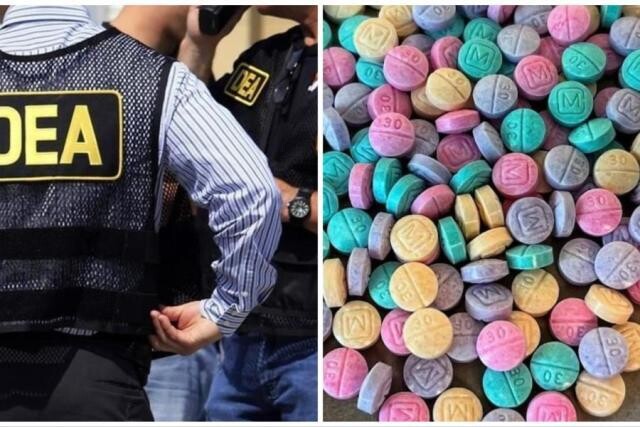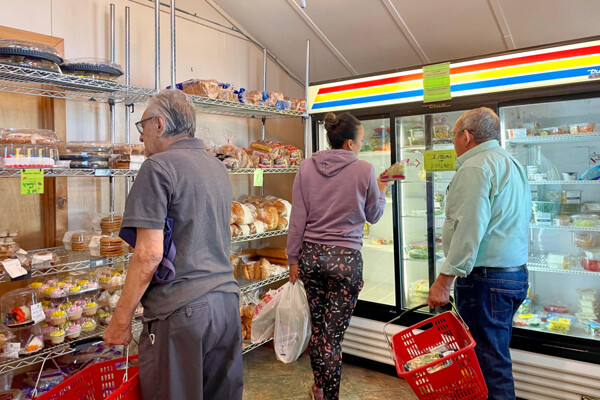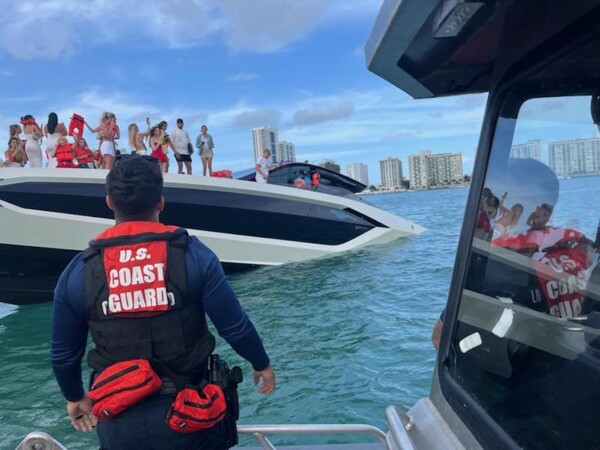
The United States Drug Enforcement Administration (DEA) has begun to recognize that fentanyl is not just a problem in border areas, but it has spread to regions like the Great Lakes, where communities are being affected by American drug traffickers.
A DEA agent emphasized that regardless of ethnicity, if an American organization is engaged in fentanyl trafficking, it should be considered a cartel. The fight against this plague requires a shift in public perception and a broader approach to identifying and dismantling these organizations operating in the country.
The DEA faces the challenge of redefining its approach to domestic drug trafficking, recognizing that the issue is not limited to the borders with Mexico, but includes American actors who contribute to the opioid crisis in various communities.
Recently, there has been an observed increase in fentanyl trafficking in the Great Lakes, a region previously out of the reach of Mexican cartels. The DEA's 2020 report highlighted that domestic markets for heroin, fentanyl, and other synthetic opioids were disproportionately affecting the Great Lakes and Northeast regions of the U.S.
The case has highlighted the discrepancy in the classification of American drug trafficking organizations, which are often designated as "Outlaw Motorcycle Gangs," even though their activities are comparable to those of Mexican cartels.
In the summer of 2017, the DEA conducted a major undercover operation against fentanyl trafficking. The discovery of a package containing an unusually high amount of fentanyl led to a raid that resulted in the seizure of large quantities of drugs and money in Michigan. This meticulous follow-up allowed the DEA to identify and dismantle an organization run by an American drug trafficker.
The case illustrates how American drug traffickers from various ethnicities significantly contribute to the fentanyl problem in the country, challenging traditional perceptions of domestic drug trafficking. The DEA continues its fight to address this crisis affecting communities across the United States.














